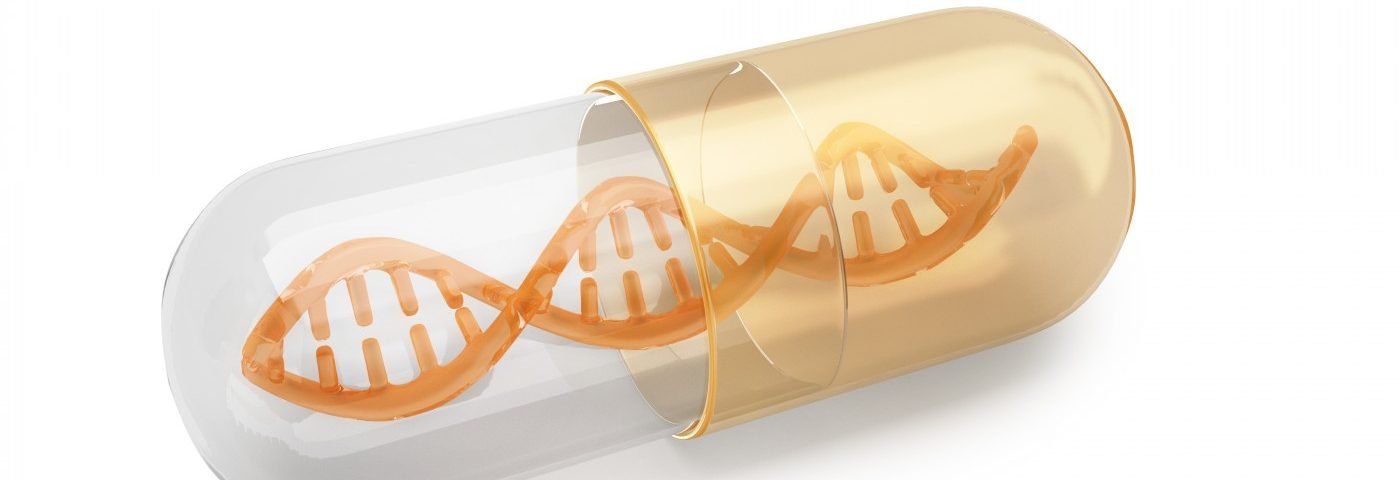Initial results from a Phase 1 study on miRagen Therapeutics‘ investigative drug MRG-201 on healthy volunteers show potential for fibrous scar tissue in certain diseases.
The company announced it will present results from the MRG201-30-001 clinical study at the Society for Investigative Dermatology (SID) 2017 Annual Meeting taking place April 26-29 in Portland, Oregon.
As a normal response to tissue injury, our bodies induce a wound-healing response that involves the formation of fibrous scar tissue. This fibrotic process is characterized by depositing extracellular matrix proteins like collagen and elastin. In part, this process is regulated by a small RNA molecule called miR-29b.
MiR-29b belongs to a family of microRNAs known to regulate several proteins involved in fibrous scar formation. Fibrotic tissues often express low levels of miR-29 family members, which suggests that their low expression may be required for the fibrotic process to take place.
The development of new microRNA-targeting drugs that can modulate several pro-fibrotic pathways may provide urgently needed therapies for fibrosis diseases, including lung fibrosis. Because of its features, miR-29 family members are attractive therapeutic candidates that fit in this new category of drugs.
miRagen has developed an investigative drug, MRG-201, designed to mimic the activity of miR-29b. Previous studies have shown that by overcoming the lack of this microRNA in fibrotic tissues with a substitute molecule that mimics miR-29b activity, it was possible to inhibit and revert the fibrotic process in pre-clinical animal models of pulmonary fibrosis.
“We are pleased to present biomarker focused data on our anti-fibrosis product candidate, MRG-201, at the 2017 SID Annual Meeting,” William S. Marshall, miRagen’s president and CEO, said in a press release. “The interim molecular and histology results from our ongoing Phase 1 study enhance our belief in the potential of MRG-201 as a therapeutic candidate for the treatment of pathological fibrosis.”
Currently ongoing and still recruiting participants, the MRG201-30-001 Phase 1 trial (NCT02603224) intends to evaluate the safety and tolerability of MRG-201 in healthy volunteers. Participants will receive injections of the drug into intact skin or close to a small skin lesion. The participants treated with MRG-201 will be compared to those receiving a placebo, which will help evaluate the effects of the drug in the recovery process of fibrotic lesions and its potential side effects in normal non-injured tissue.

